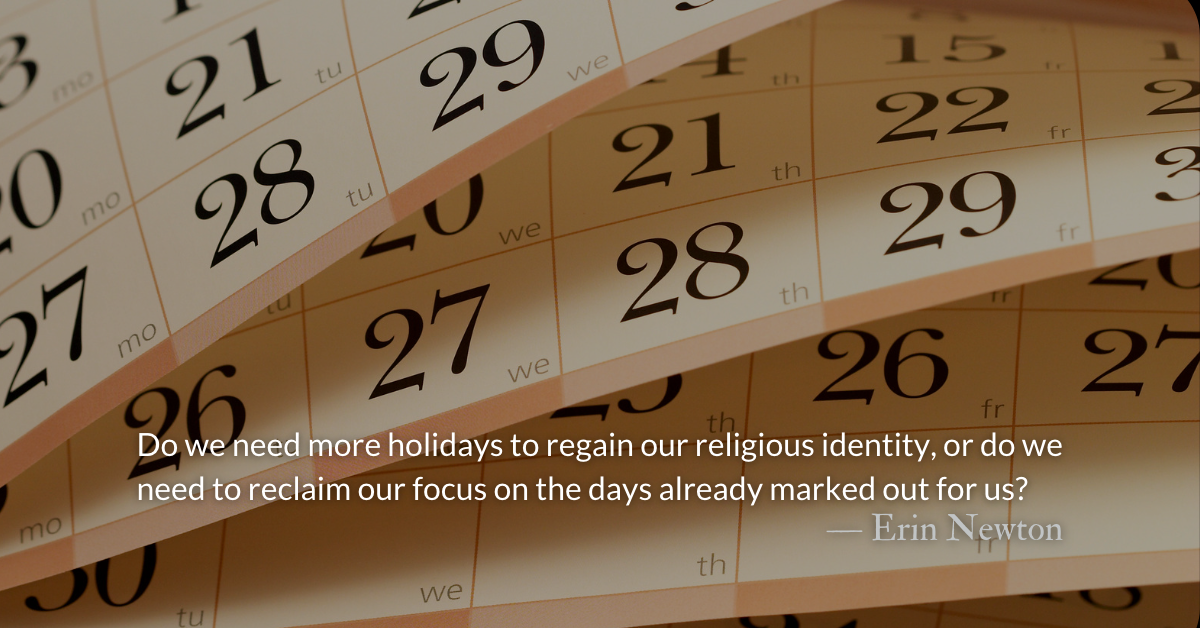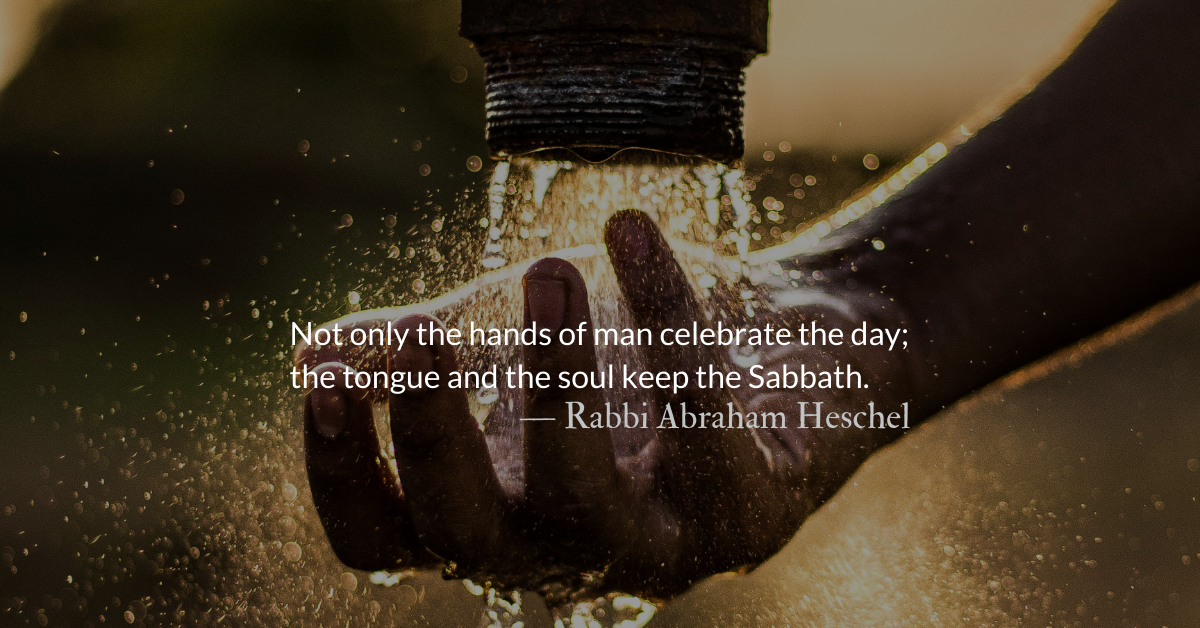Scripture Focus: Leviticus 23:2
2 “Speak to the Israelites and say to them: ‘These are my appointed festivals, the appointed festivals of the Lord, which you are to proclaim as sacred assemblies.
Reflection: Holidays are Tabernacles
By Erin Newton
Imagine you are far from home, perhaps forced away or maybe you’ve never found a place to call home. It is easy to become discouraged and lonely. You begin to wonder, “Who am I?”
Israel wandered the wilderness for forty years waiting for the place they would call home. In the exile, they watched their livelihood burn to the ground as they were forced into another wilderness.
The book of Leviticus has painstakingly detailed Israel’s religious identity. From the foods to eat to the clothes to wear, this book has covered seemingly every nook and cranny of their lives. Leviticus has brought order to their worship, cleanliness, relationships, and physical bodies. Now God will remind them of the order of time.
Israel participated in seven festivals a year and every seventh day was set aside as holy. The festivals were a periodic means of organizing time, making the calendar something that could define the people even when they were not in their land and felt far from God’s presence.
Richard Boyce summarizes the purpose of the festivals, “Every week, every month, every year now becomes a ‘camp’ wherein God’s holy presence might be manifest, through the observance of festivals.”
Even when they are far from home, God has created a temporal map to routinely bring them into his presence.
As Christians, we mark our calendar with different holy days. We focus on Christmas and Easter with some attention to Good Friday. Some churches also include celebrations for Epiphany, Pentecost, All Saints Day, and others.
We celebrate our holidays, but so do our neighbors. We are not distinguished because of our festivals.
The question becomes: Do we need more holidays to regain our religious identity, or do we need to reclaim our focus on the days already marked out for us?
We may feel lost, homesick, or unsure about where we fit in. We either can’t find our home or it’s out of our reach. It could be strained relationships or spiritual abuse that has created the distance. No matter the reason, at home or in exile, we can remember that our time is marked out for God.
At home or in pursuit of a new community, taking periodic days to focus on our relationship with God will help us gain a sense of identity. There is peace when we take the time to rest, remember, and reunite with God’s presence.
Divine Hours Prayer: The Small Verse
Let me seek the Lord while he may still be found. I will call upon his name while he is near.
– From The Divine Hours: Prayers for Springtime by Phyllis Tickle.
Today’s Reading
Leviticus 23 (Listen 6:31)
Acts 19 (Listen 5:47)
Read more about What Time is It?
Today, let us pray that we will understand the times and seasons that we find ourselves in.
Read more about Supporting Our Work
Please consider becoming a donor. Support ad-free content that brings biblical devotionals to inboxes across the world.









